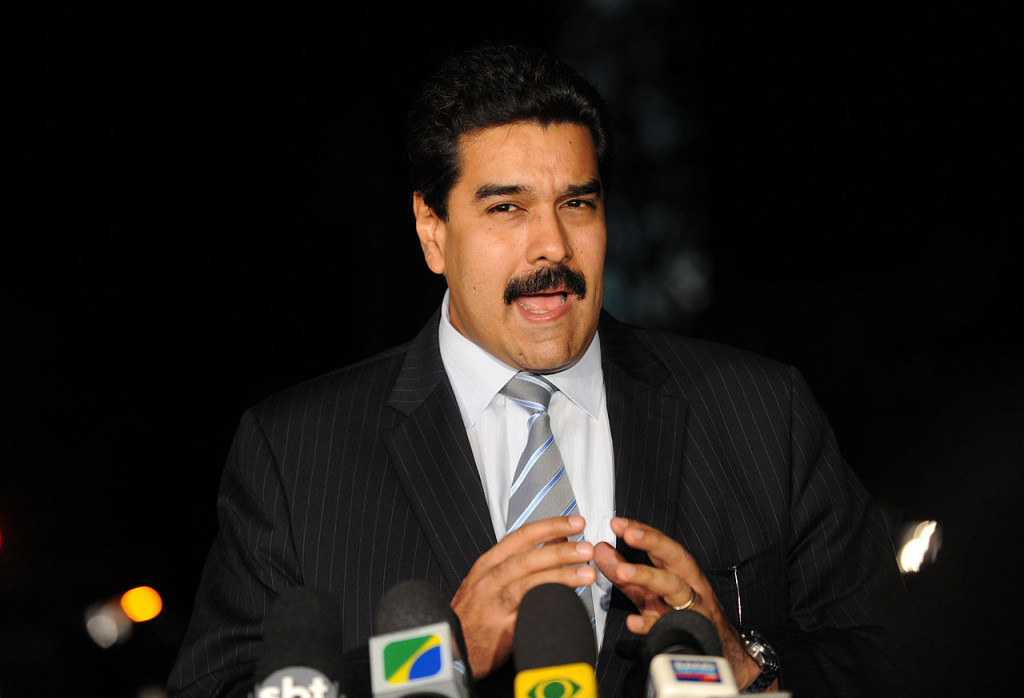The economic situation in Slovakia has hopefully bridged its worst gaps of crisis. Yet, political discourse around Central Europe continues to be dominated by the growing popularity of extreme solutions. This trend is expressly demonstrated by current popular preferences attributed to parties on both the extreme left and right in all countries of the central European region. Slovakia finds its own reflection of such extremes in the party of Marian Kotleba, while the Czech Republic is being haunted by a well-known bogeyman carrying the flag of the unreformed Communist Party of Czechia and Moravia.
Polls place it in second place behind the leading populist movement ANO (YES). Voters tend to support political projects of this sort for their formulated opposition aimed at anything and anyone foreing or unknown – migrants, foreign capital, or regulations passed at the EU level. Frustrations generated by the shortcomings of “common, traditional” political parties are transformed into a misguided hope that those offering radical solutions will ultimately be the only actors with a real chance to achieve change. Examples and experiences from around the world remind us that such false hopes are destined to disappoint their carriers.
Last year, the political world was offered a unique opportunity to witness firsthand the economic demise of a former shining star of Latin American socialism – Venezuela. A country with huge potential and a significant portion of the world’s oil reserves was mutated to the bone under the command of Hugo Chávez’s and his successor’s Nicolás Maduro’s United Socialist Party of Venezuela.
However, the course of this socialist revamping was negative. On the one hand, the ubiquitous inequality within the ranks of Venezuela’s population started to tangibly decrease under the influence of various left-wing resolutions. The government implemented further measures to support the dire situation of the country’s poor. Nevertheless, the reforms were funded solely by profits generated from oil exports. These allowed generous social spending without cementing the building blocks of a strong economic base so vital for the healthy functioning of any country.
Meanwhile, and parallel to economic hiccups, the government continued to stifle the country politically in the form of repressions. The government of Hugo Chávez tried to negate this general downfall by “buying” the support of Venezuela’s people with the help of government spending. The populist plan hit a rock bottom with the sharp fall in oil prices that first appeared on the horizon in 2014 and since then Venezuela has been experiencing something that can only be labelled as “Live Economic Collapse”. Inflation in 2016 climbed up the heights of 700%.
Coupled with the plumet of public spending and the forced halt to generous social programs, the poor part of Venezuela’s population was facing a catastrophy. It is estimated that roughly 87% of the population does not have enough money to provide themselves with enough food. As the government continues to breastfeed its long–established policy of controlling the price of groceries, shop shelves blankly stare at potential shoppers with their desperate emptiness.
To ease the burden of snaky queues from the shoulders of desolate grocery stores, shoppers are only allowed to buy groceries in state-owned shops no more than two days a week. In 2016, the government even shut off the electricity supply for 40 days in half of its states for nearly 4 hours per day, all under the banner of presumed cost saving. These measures led to the collapse of local healthcare. Health services lack 80% of essential resources and battle with a massive exodus of doctors searching for better opportunities abroad.
The regime of democratic socialism continuously ignored or condemned any form of political criticism. Although the last few years have been characterized with even tougher political repressions. The situation was further soured with controversial decisions of the Supreme Court aimed at the political opposition and the rising criminality of state security forces caused the dissipation of people’s trust in state institutions as such. The country is on the verge of political collapse, which, unlike the Velvet Revolution that swept through Eastern Europe a couple of decades ago, does not have to end peacefully and does not guarantee the return of democratic institutions.
The lesson from Venezuela is just as loud and clear for Slovakia. Faced with a pertinent crisis of trust in traditional democratic parties people turn their favours to communists or fascists. We should not only look at the dusty pages of our history, but acknowledge the current situation in countries that have been overshadowed by populists and extremists for decades now. Extreme solutions may sound pleasantly appealing but can easily bring back an era which already plundered Slovakia before. One such instance caused the birth of the Slovak National Uprising while the other one led to the Velvet Revolution. They should be reminders of times much worse.
Translated by Edward Szekeres



